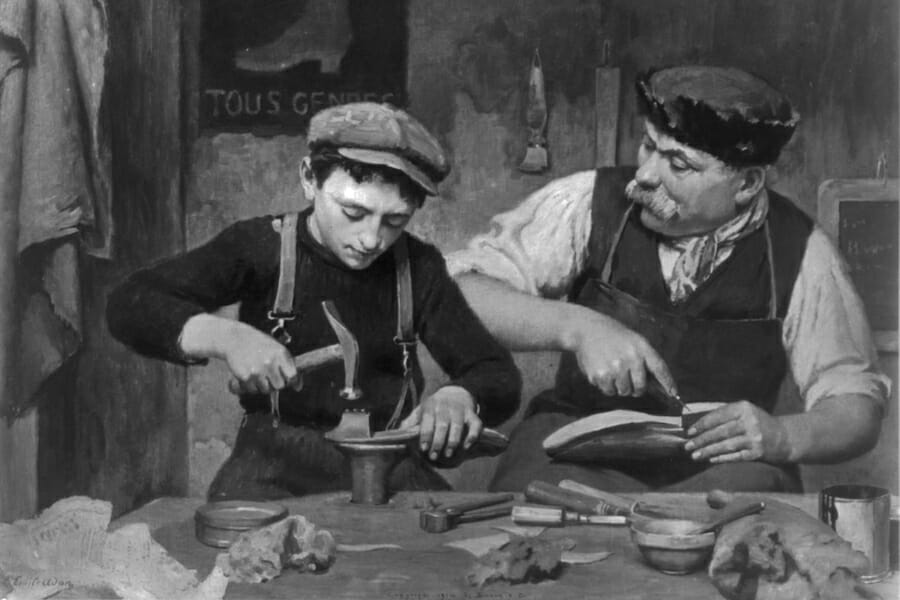
Culture
Why Cultural Capital is a Great Gift
Some of the presents that children want during the holiday season can make a parent “panic,” as the actress Katie Holmes said last year.
Holmes’ daughter, Suri, asked for a puppy with a sparkly pink collar, and, in years past, wanted diamond earrings and a $100,000 pony, among other things. There’s no word on whether the doting mother bought any of the gifts, but it is safe to assume that Holmes is currently giving Suri something more important than expensive presents: cultural capital.
The French sociologist Pierre Bourdieu considered cultural capital to be a stock of cultural knowledge and skills that could be exchanged for socioeconomic success in society. As Suri jets around the world with her mom, she is likely being taught how to talk to people in power—what to say and how to say it—which will help her thrive in the upper classes of a globalized society.
Although the rest of us may not be able to afford the gifts of celebrities or do as much traveling, we can give our loved ones the cultural knowledge that may help them acquire those things and have similar experiences for themselves later in life.
A culturally competent person has a better chance of transforming various forms of capital, from social capital to educational capital, into economic capital.
Professor Carl Stempel, for example, finds through his scientific research that people who played organized sports in high school make more money as adults. “The use of Bourdieu’s conception of cultural capital,” he says, “ought to frame the relationship between sport participation and income as processes of converting sporting capital—a form of cultural capital—to economic capital.” The idea is that, because of their sports participation, these individuals learned to interact with authority figures, work successfully with team members, and be competitive—giving them a subsequent advantage in the labor market.
Other social scientists find that cultural capital affects people’s educational success, tastes in consumer products, and even their choice in marriage partners.
Yet, perhaps, most importantly, cultural capital has been linked to health outcomes. In a research article, Dr. Thomas Abel says that “it is concluded that cultural capital is a key element in the behavioral transformation of social inequality into health inequality.” That is, for instance, socially disadvantaged individuals are comparatively limited in their cultural knowledge about healthy lifestyles, such as the importance of exercising in certain ways and knowing how to interact effectively with health care professionals, resulting in poorer health over time.
With more cultural capital, we are able to use our knowledge of how to act with gatekeepers of economic and social advancement, such as employers, romantic partners, and doctors, in order to successfully navigate a complex and competitive world. We have a better chance at knowing what to say, what to ask, and what to talk about with the people who can help us, and, in exchange for our cultural knowledge, the influential people will be more likely and able to actually give us what we desire.
So, this holiday season, in addition to purchasing material gifts for your family and friends, gifts that may feel old by next year, sign them up for a community class about art, music, or cooking, encourage them to join a competitive team, anything from basketball to chess, or take them to an enriching venue, such as a ballet or a museum. Go on a trip abroad with them or join them in volunteering at a local charity. Get them out and interacting with authority figures and learning the cultural skills that will facilitate their future success, health, and happiness.

